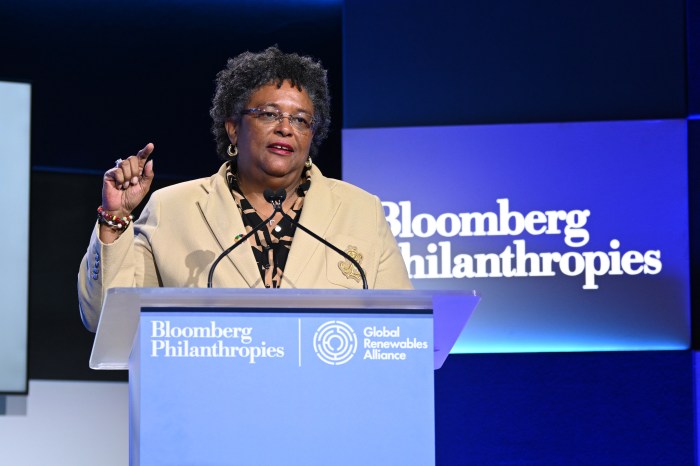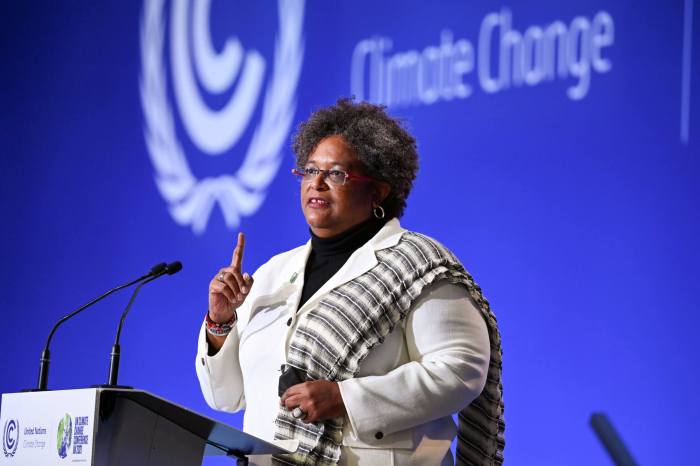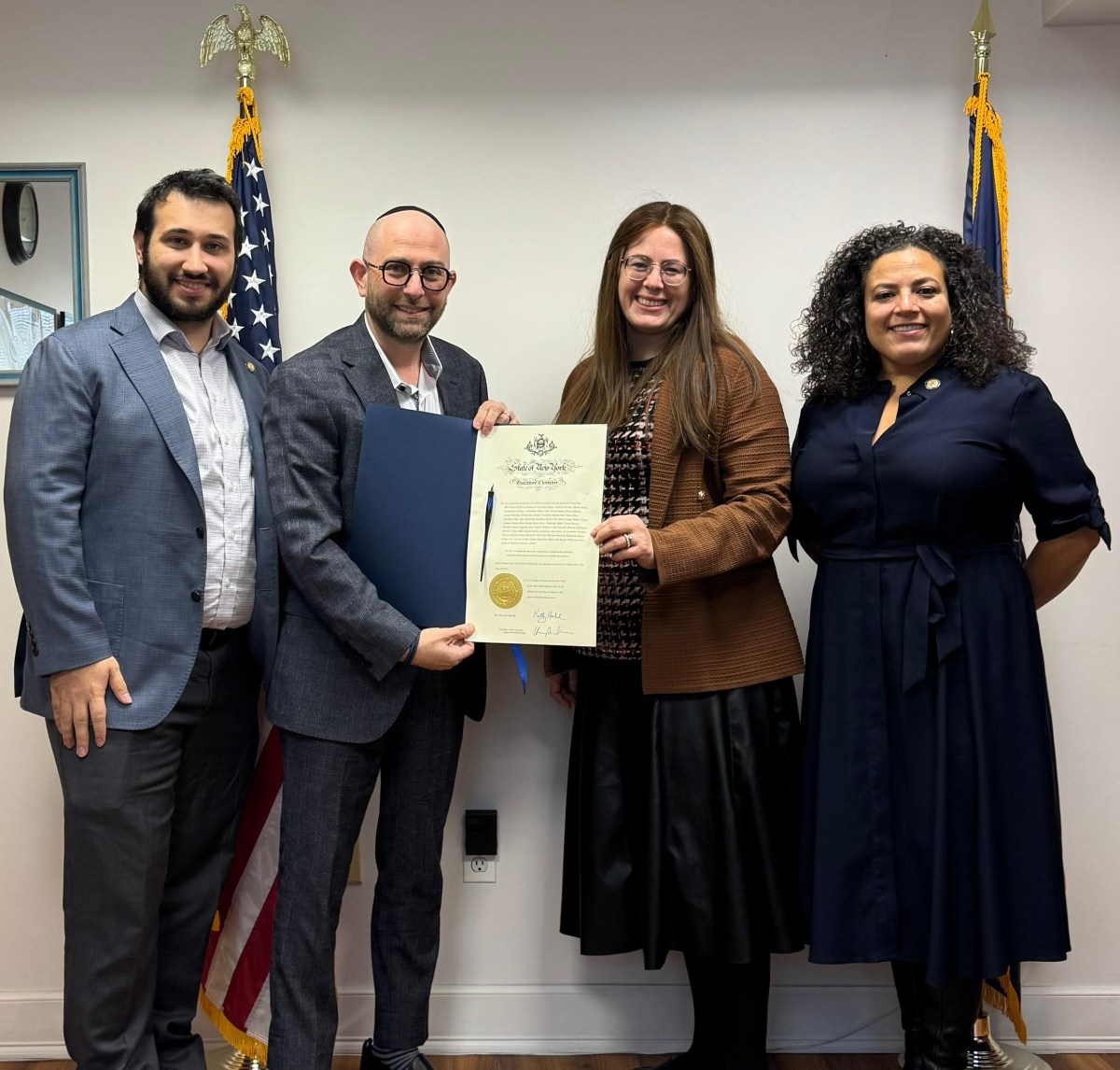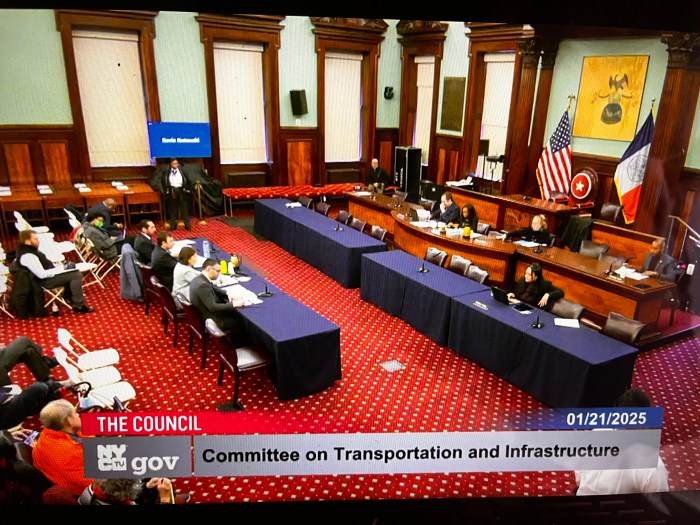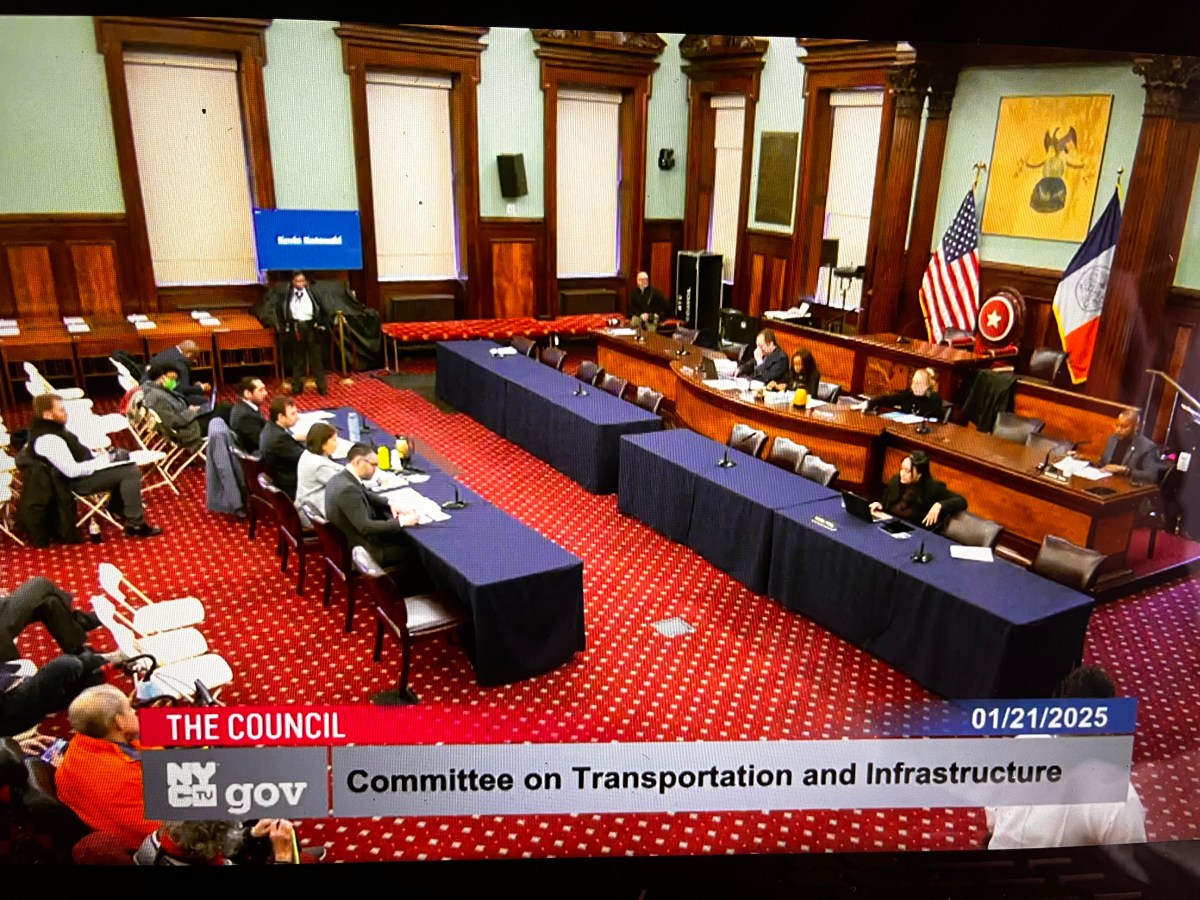The Inter-American Development Bank says it is providing a $34 million loan to help Barbados enhance its energy security and sustainability.
The Washington-based financial institution said on last Thursday that this will be done by diversifying Barbados’ energy mix through promoting the use of cleaner fuels for power generation, increasing the use of renewable energy sources, and increasing energy efficient applications by Barbados’ Government and private sector.
The Barbadian Government’s priorities in the electricity sector include reducing electricity prices, increasing energy security, using cleaner fuels and reducing negative environmental impacts, the IDB said.
It said Barbados aims to have renewable energy contribute 65 percent of total peak electrical demand by 2030 and to achieve a 22-percent reduction in electricity consumption by 2029.
The IDB said Barbados intends to achieve a 30 percent economy-wide reduction in Greenhouse Gas emissions by 2030 compared with 2008.
The project will finance improvements to Barbados’ existing natural gas infrastructure to ensure natural gas service continuity, the IDB said.
It said the loan will increase energy efficiency and renewable energy applications within the National Petroleum Corporation’s and Barbados National Oil Company Limited’s operations to reduce Greenhouse Gas emissions.
The loan will also enable the implementation of a Public-Private Partnership project to import and supply LNG for power generation, as well as to provide technical support to NPC/BNOCL to foster greater operational efficiency, the IDB said.
“This is the first IDB loan promoting LNG in the Caribbean, which will not only substantially improve the natural gas network and expand the Micro LNG plant for industrial and commercial use in Barbados,” said Juan Carlos de la Hoz, IDB’s Representative in Barbados.
“The loan also promotes the use of renewable energy, by providing more than 1 megawatt with a combination of wind and solar power, contributing to increase Barbados’ installed renewable energy capacity for power generation from zero in 2009 to 19 megawatts in 2016,” he added. “This represents more than 12 percent penetration of renewable energy in the country’s energy mix.”



